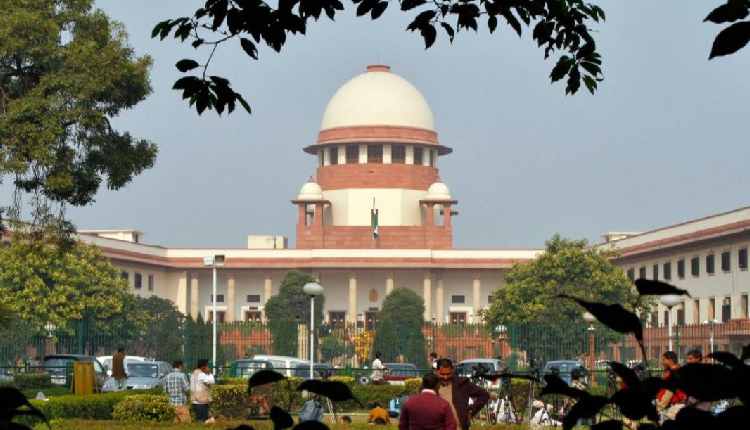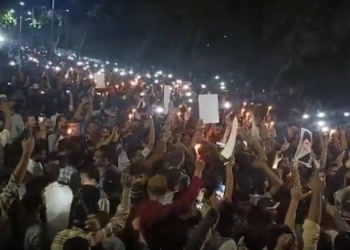New Delhi: In a unanimous verdict, a 5-judge Constitution Bench of the Supreme Court on Thursday struck down the electoral bonds scheme 2018 as unconstitutional.
Saying that financial contribution to a political party may potentially lead to quid pro quo arrangements, the judgment authored by Chief Justice of India (CJI) D.Y. Chandrachud said the electoral bonds scheme by anonymizing contributions to the political parties infringe upon the right to information of the voter provided under Article 19(1)(a) of the Constitution.
Asking the State Bank of India (SBI) to forthwith stop the issuance of electoral bonds, CJI Chandrachud ordered the Election Commission of India (ECI) to publish on its official website by March 13 the details of the political parties which have received contributions through electoral bonds since April 2019.
CJI Chandrachud’s opinion, concurred by Justices B.R. Gavai, J.B. Padriwala and Manoj Misra, added that the infringement of the right to information of voters cannot be justified for the purpose of curbing black money in the electoral process.
“The right to information under Article 19(1)(a) can only be restricted based on the ground stipulated in Article 19(2). The purpose of curbing black money is not traceable to any of the grounds in Article 19(2),” the top court said.
Further, it said that the electoral bond scheme is “not the only means for curbing black money” in electoral financing and there are other alternatives which substantially fulfill the purpose and impact the right to information minimally when compared to the impact of electoral bonds on the right to information.
Saying that the political contributions give a seat at the table to the contributor, i.e., it enhances access to legislators and this access also translates into influence over policy making, the apex court added that the information of funding of political parties is essential for effective exercise of the choice of voting.
It said, “There is also a legitimate possibility that financial contribution to a political party would lead to quid pro quo arrangements because of the closed nexus between money and politics. Quid pro quo arrangements could be in the form of introducing a policy change or granting a license to the person making financial contribution to the political party in power. The electoral bond scheme and the impugned provisions to the extent that they infringe upon the right to information of the voter by anonymizing contributions through electoral bonds are violative of Article 19(1)(a).”
The Supreme Court held it “manifestly arbitrary” to permit unlimited political contribution by the companies, saying that contributions made by companies are purely business transactions made with the intent of securing benefits in return.
In sum, the apex court declared the amendment to the Income Tax Act introduced by the Finance Act, 2017, the amendment to the Companies Act, 2013 and the amendment to the Representation of People Act as unconstitutional.
Justice Sanjiv Khanna authored a separate but concurring verdict. “I have also applied proportionality standards but with slightly different variations. My conclusions are the same,” Justice Khanna said.
Terming the verdict as “salutary”, advocate Prashant Bhushan said the judgment will have a very significant impact on the country’s polity.
In November 2023, CJI Chandrachud led-Constitution Bench had reserved its verdict on pleas challenging the validity of the electoral bonds scheme after hearing the arguments for three days in a row.
The petitioners before the apex court had argued that the Electoral Bond Scheme violates the citizen’s fundamental right to information under Article 19(1) and it enables backdoor lobbying and promotes corruption and eliminates level playing field for political parties in the Opposition.
(IANS)















